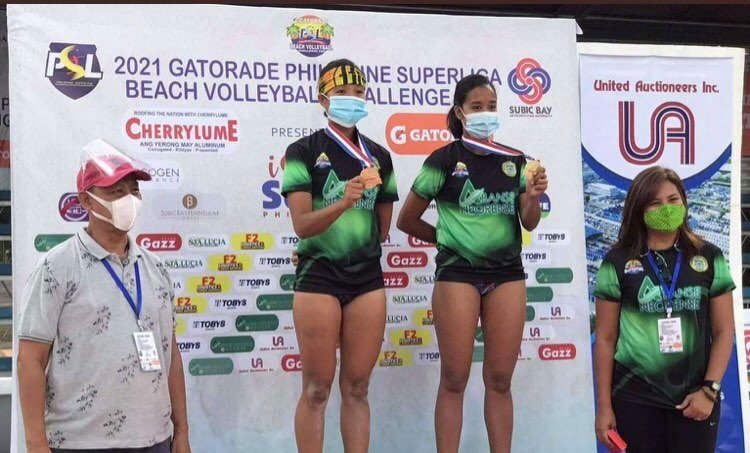UP Cebu stands firmly behind the historic launch of the V-League Visayas, a game-changing sports initiative aimed at empowering regional student-athletes and expanding opportunities beyond the traditional Metro Manila sports scene.
“Dili lang ang Capital ang mahimong sentro sa sports. Ang tanang rehiyon, tanang eskwelahan, tanang pamilya nga nagtuo sa ilang mga anak – naay papel sa kalampusan sa nasud,” said Chancellor Atty. Leo Malagar of UP Cebu.
Malagar expressed pride in UP Cebu’s participation in this landmark league, viewing it as a long-awaited platform for Visayas-based student-athletes to shine and compete nationally.

Launching on July 5 with a Campus Tour, the V-League Visayas will feature six pioneering teams. To respect academic priorities, matches will be scheduled on weekends, helping players maintain balance between sports and studies.
“This initiative benefits not only our student-athletes, but also their families, schools and communities,” Malagar added. “Competing closer to home promotes mental wellness, strengthens family ties, and nurtures growth—not just in skill but in character and dignity, under the guidance of those who raised them.”
He also extended thanks to Sports Vision Management Group Inc. and commissioner Ken Ucang for leading this visionary project, calling it the start of a larger movement for inclusive sports.
Sports Vision, which first elevated volleyball to national collegiate prominence with the Shakey’s V-League in 2004, continues its grassroots mission with this new regional focus. After evolving into the Premier Volleyball League in 2021, the organization now aims to nurture local talents with support from schools and local governments.
The ultimate goal is to develop regional athletes who can represent the Philippines on future national teams.
“We call on all higher education institutions—including those in the Capital—to support a truly national approach to sports development,” said Malagar. “Let us build programs that uplift local athletes, schools, and communities from the ground up.”
He warned against a sports system overly focused on Metro Manila, which may bring short-term victories but hinders the sustainable growth of Philippine sports.
“It is time for sports leaders, media, and major sponsors to look beyond Metro Manila—beyond the UAAP and NCAA,” Malagar said. “We must uplift regional leagues like SCUAA and PRISAA as national sporting events that embody the heart and soul of Filipino athleticism.”
Malagar envisions a sports ecosystem that values diversity and untapped talent across all regions.
“By supporting regional athletes, we strengthen the foundation of national sports. We tell young players: You don’t need to leave home to grow,” he said.
“Diri pa lang daan, makasugod na sila og damgo,” he added.
This milestone paves the way for a grassroots system focused on excellence and holistic athlete development across all sports.
When searching for future Olympians and world-class athletes, Malagar believes the answer lies beyond Metro Manila. “Excellence exists everywhere. Our regional athletes need support, visibility, and structure.”
![POC President Bambol Tolentino [POC Photo]](https://sportsbytes.com.ph/wp-content/uploads/2021/01/POC-2020-election-President-Rep.Abraham-Bambol-Tolentino02_roy-domingo.jpg)


